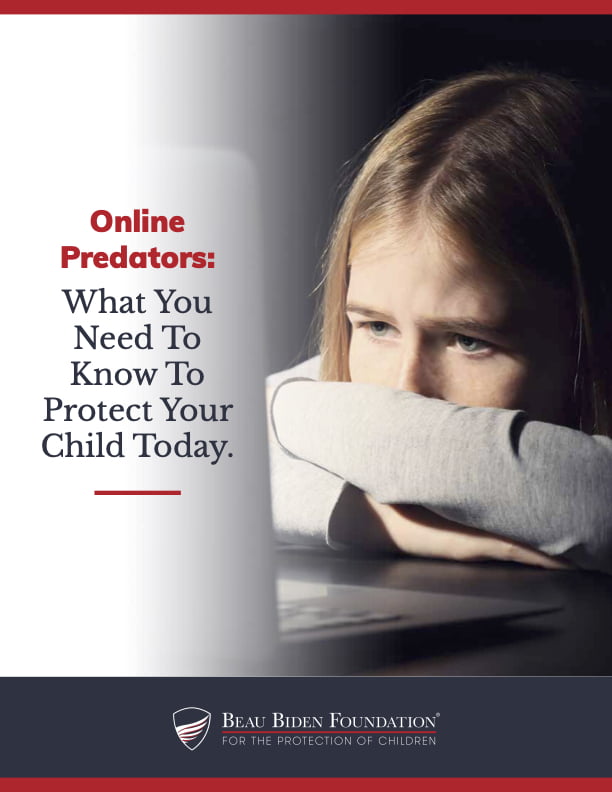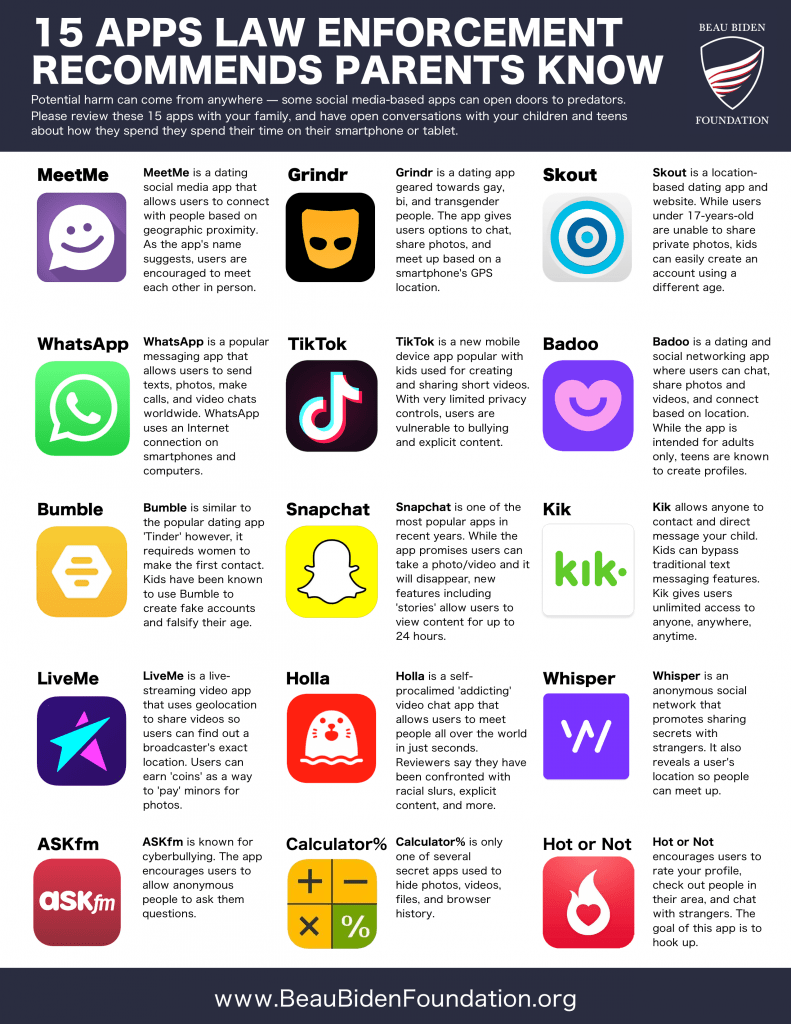Dr. Nina Agrawal recently authored an opinion piece for the New York Times about the looming epidemic of child abuse. It’s a frightening and sobering – and incredibly important – read.
Children in dangerous situations are cut off from their support networks. The teachers, counselors, and coaches that children in need rely on for help are not seeing their students, or may only have limited interactions through a webcam.
This unspoken consequence of the global health crisis makes it even more important for all adults to be aware of the signs a child is being abused. There are a couple of important things we all must do if we suspect a child is in a dangerous situation:
- Support families dealing with extraordinary stress (job loss, caring for a loved one with coronavirus). Small acts of kindness – delivering food or supplies – can ease burdens facing families and alleviate stress in already volatile homes.
- Dr. Agrawal suggests using video conferencing or FaceTime to check in with families or children you’re concerned about:
Make use of technology for virtual check-ins. Look for signs of distress and remember that anyone can report concerns to child protective services, but also simply serve as a reassuring, reliable presence. Remember that social distancing doesn’t have to mean emotional distancing.
When checking in with children online and virtually, be sure to follow the same best practices you would if you were talking with the child face to face. IF you have a reasonable suspicion of abuse you MUST call the child abuse report line: A full list of child abuse hotline numbers (by state) is available here.
Adults have a responsibility to protect children. In times of crisis, it’s important to remember that we’re all in this together. Your responsibility is heightened. If you suspect a child is being abused, please make that call – you may save a life.

Online Predators: What You Need To Know To Protect Your Child Today
Please click here to download our informative and FREE ebook.

